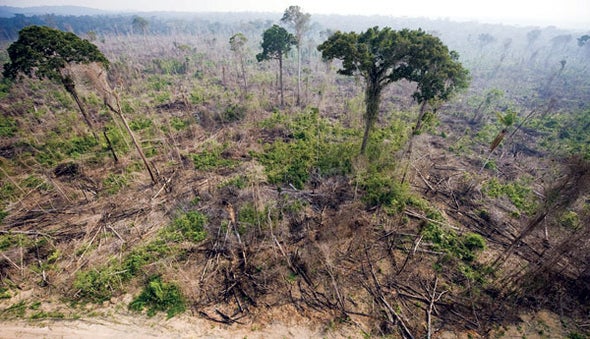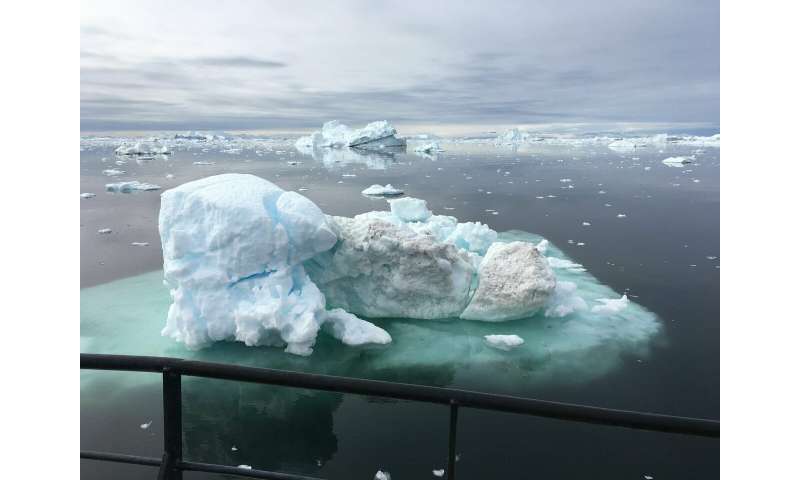ACIDIFICATION
DEFINITION:
When there are too many chemicals and carbons in the air which turns the water acidic.
What is happening to the oceans?
- The chemicals and carbon are making the water acidic.
- It's making the ph levels in the water to high and turning it into a weak acid.
What does this do to shellfish?
- It makes it more difficult for them to grow their shells.
- Their shells become thinner and grow slower, they eventually die.
HOW DOES CLIMATE CHANGE CONTRIBUTE TO THE ACIDIFICATION OF OUR OCEANS?
The carbon in the air dissolves into the surface fo the waters. Then the remaining carbon dioxide gets into the water cycle because of the condensation and then goes into the clouds, it then starts to rain and the water with the carbon turns into acid water and then that water ends up in the waters.
2 Images;
DEFINITION: When large amounts of trees are being cut down fast and they are not being replaced
What are trees used for?
Trees are used for making houses, making stationery, books, firewood, paper, etc.
HOW DOES DEFORESTATION AFFECT THE CLIMATE?
Deforestation affects the climate by messing up the water cycle. It messes the water cycle because the rain doesn't get absorbed and it just sits on the ground causing the areas to turn to swamps and because trees aren't absorbing the water there are fewer clouds so less rain which means the land isn't getting the water it needs. Humans breathe in oxygen and release's carbon dioxide, the trees do the opposite, and that's called photosynthesis. If there are fewer trees there is less oxygen and more carbon dioxide that can be absorbed.


2 Images;


ICECAP MELT
DEFINITION: The Icecaps melting.
If all the ice melted what would happen?
If all the ice melted the sea levels would rise causing around 2 billion people to have to move. All the water would become less salty and it would turn into freshwater seeing as 70% of the freshwater on earth is in the ice in Antartica. All the saltwater animals and coral would die due to them being used to saltwater not freshwater.
HOW DOES ICECAP MELT AFFECT CLIMATE CHANGE?
It would affect climate change by the water levels rising meaning there is less land and people would have to rebuild meaning fewer trees, less oxygen and less sea life.
2 Images;
DEFINITION:
HOW DOES WATER VAPOUR AND EVAPORATION CONTRIBUTE TO CLIMATE CHANGE?
2 Images;


